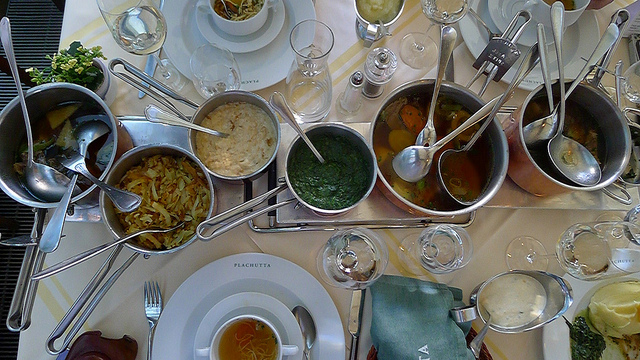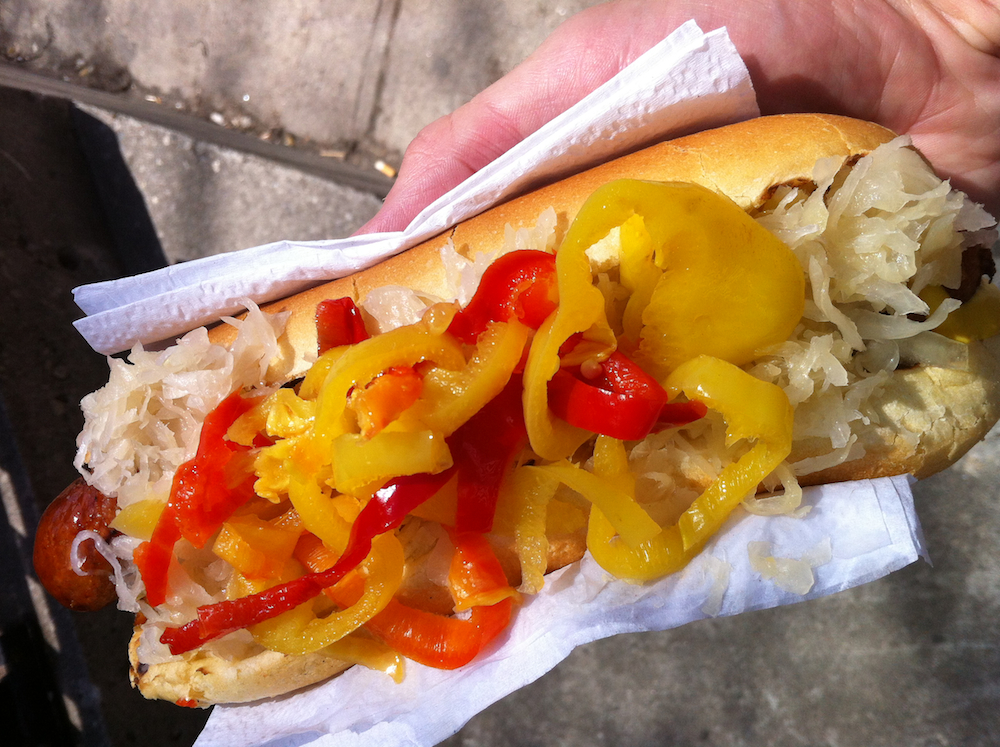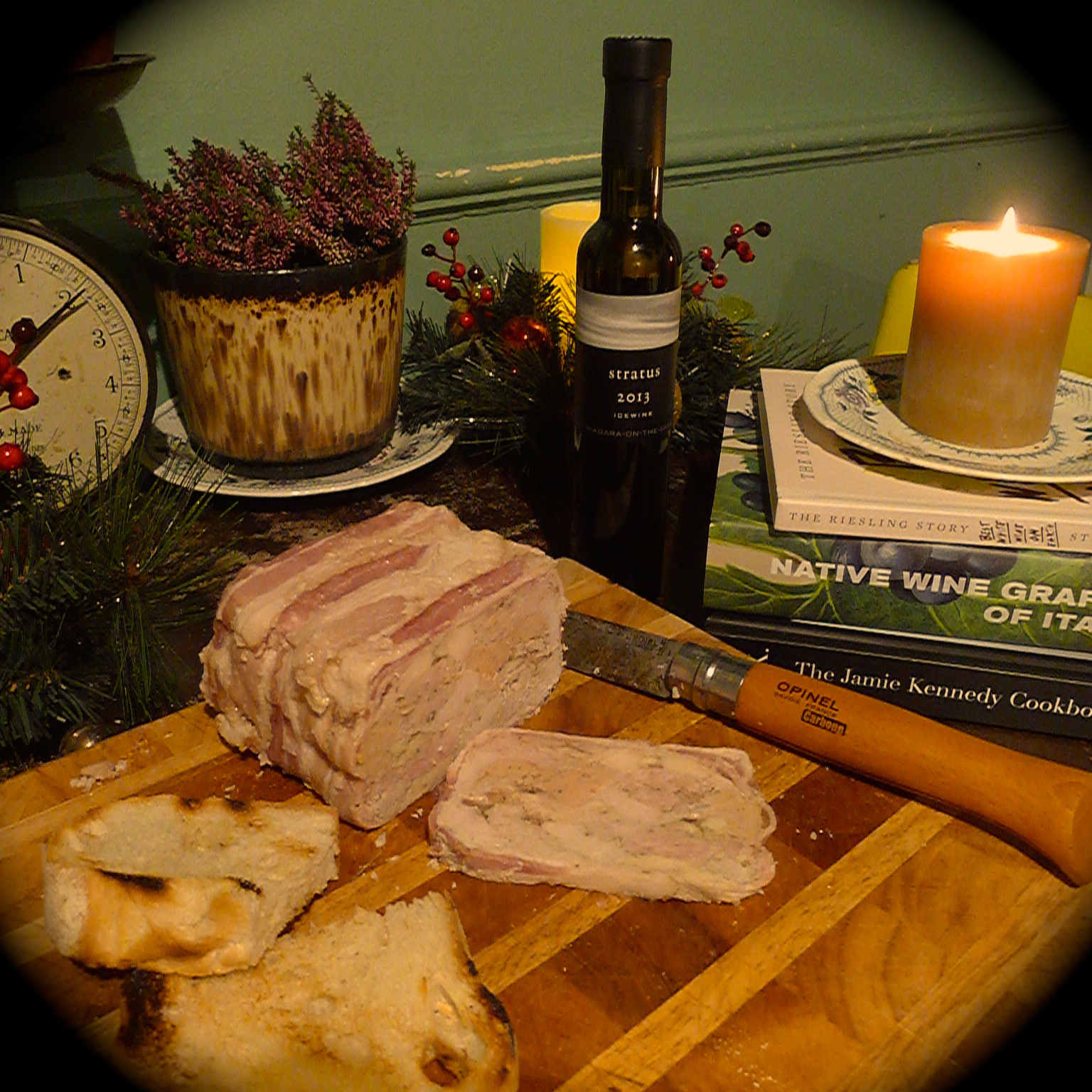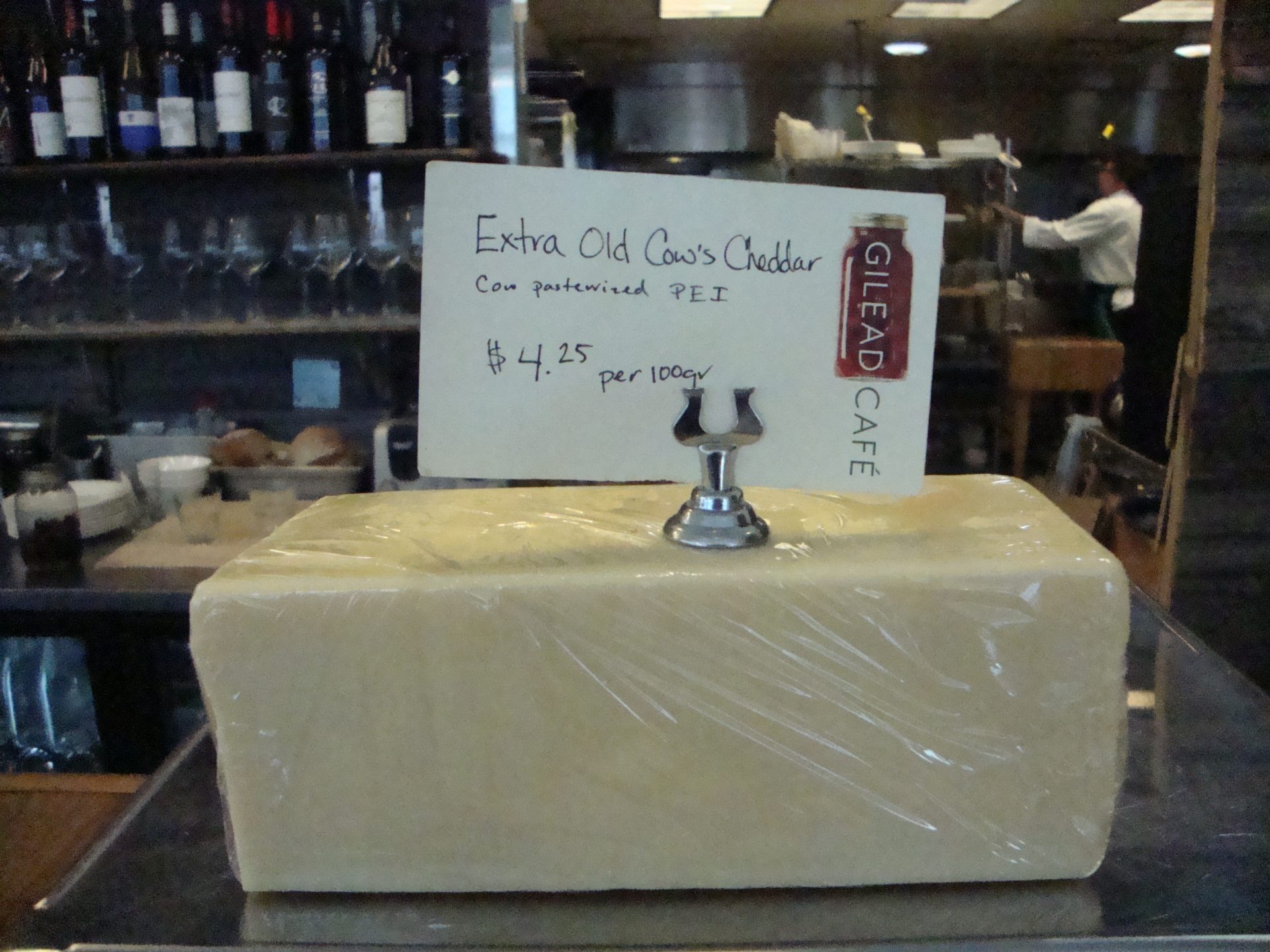Somewhere along my career, I developed a fear of being wrong, one I didn’t really realize I had, until blind tasting brought it out of me.
See, as a professional, identifying a wine correctly precedes your pride and your reputation. That got to me.
It got so bad I even started looking up other Somm’s tasting notes of wines I’d bring to family dinners, and keeping the winemakers tech sheets on my phone, just in case someone decided to “test” me. I would only blind taste when an exam forced me to.
Needless to say, the first night I attended a casual blind tasting Tuesday, at the iconic Archive909 bar, I was nervous. And y’know what happened? All my fears came true. I missed wines that I’d tasted before, second-guessed myself, called a Chardonnay a Chenin; every fumble in the book.
I got some wines right too, but as I started talking to people, I realized two things.
1: No one cared if I was wrong OR right
2: A lot of other people were wrong too.
Turns out, blind tasting is hard. Brutal in fact, and in many cases, there is no right answer.
One of the worst culprits are wine competitions, which usually gain the most interest and viewership from the public. This kind of exposure, as I see it, is for the most part negative and provides a very warped perception of not only what being a wine professional is, but what wine itself is. It embroils in peoples minds that wines are absolutes and that they should always be identifiable “if you’re good enough”.
I held this misconception too, and when I tasted a wine that didn’t match the stereotype of a varietal or region, I assumed that I must be missing something.
I wish I could go back and save myself all the stress and shame to tell myself that a wine is only easily identifiable if its typical.
From vintage, to soils and slope, to winemaking and maturation, everything must be typical for a wine to truly show in the glass the way its described in a textbook. In fact—ah, forget it—I think I’ve got enough to say on this that I’ll leave it for a future article. The point is, approach the wine at face value and enjoy it for what it is, rather than what you expect it to be.
Back on track.
Where competition really shines is as an accessory to learning. If you want to make it in this business, you better get used to studying a lot. Forever.
I once dreaded spending hours drawing maps of airflow currents and heat topography, but when you can recall that information to place a blind wine correctly, it’s a tangible victory you can claim from all that work you put in. Think of it like signing up for a marathon to push yourself to get in shape. Of course you want to win, but the real gains come from training. Whether it’s a positive or a negative thing comes down to how seriously you take it.
It’s good to get your ass kicked here and there to remind yourself that being a student of wine is the love, not the labour. Before, I’d only blind taste in exams and never saw the point of doing it casually.
I have mixed feelings about examination blind tasting. On one hand, this kind of blind tasting affixes a fear in our minds that getting a wine wrong means *failure*. On the other hand, it is very important to be able to identify a wine’s quality and winemaking, and this should be tested.
Even in the notorious blind tasting portion of the MW exam, the majority of points are awarded to identifying quality.
I think blind tasting is still too formalized. It should precede your studies, not conclude them. How can you learn anything about your blind-spots (no pun intended) if you aren’t blind tasting constantly through the process.
Don’t get me wrong here, there’s a difference between accepting wrongness (AKA accepting defeat), and opening yourself up to being wrong. The former is useless, and the latter is the only way to improve. The real wound my old fear inflicted on me was preventing me from putting myself in any scenario where I could be wrong. In fact it reminds me of desperately trying to swim for shore as a kid, wailing at my parents that I’d surely drown. Unworried, they shout at me “Just put your feet down, it’s shallow!” Oh… so it is…
One last thing I’d like to say to all this: Trust your gut. I can’t tell you how many times my immediate perception of a wine has been correct, and I proceeded to second-guess myself out of the right answer. Sometimes if you don’t pick something up, you’re not “missing” the note, it’s simply not there. Like all skills worth learning, it comes down to training, experience, and confidence. Blind tasting lays it all out to bare, and I’ve come away from it every time with drive and determination.
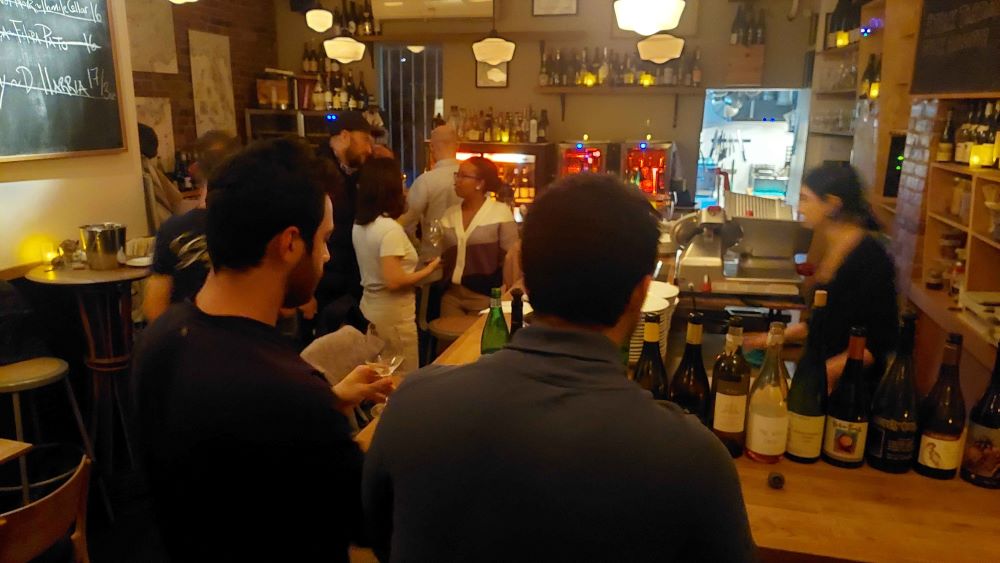
A Tuesday night at Archive909



